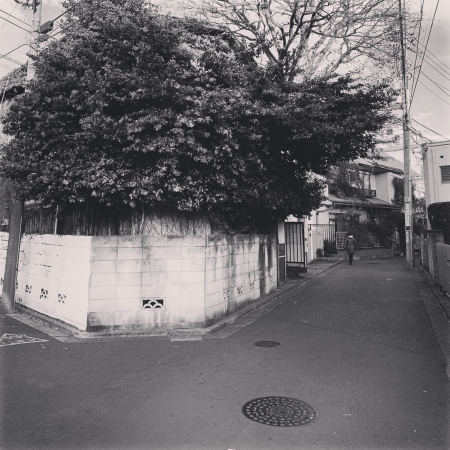分かれ道
建築は決まり事の集積で成り立っているので、偶然にそうなるとか、結果的にそうなった、ということは基本的には無い。
基本的には、と付けたのは、新築ならば、更地から計画をしていくので、土地に何か、例えば、地盤が軟弱であったり、地中に何か埋まっていたり、文化財など、があったとしても、それを含めての計画になるのだが、リフォームの場合は、手を付ける部分が限定されるので、手を付ける部分以外の所が影響して予想外の出来事が起こることもある。
だから、新築の場合に限って言えば、偶然や予想外は無い。
そうなると、余白としての空間をつくる場合も、その余白で起こることを全て予想してコントロールした上での余白としての空間が成り立たないといけない。
余白となると、どうにでもなる、何が起こるかはその時にならないとわからない、気分で変わる、などの要素を加味したいのだが、そうもいかないのか。
そこが、言葉だけが先行した建築とそうでない建築の分かれ道か。
"Diversion"
Since architecture consists of a collection of routine things, there is basically no such thing that happens by accident or as a result.
Basically, if it is a new construction, we will start from a land area, so something on the land, for example, the ground is soft, something is buried in the ground, or a cultural property And so, even if there is, it will be a plan including it, but in the case of renovation, the part to be touched is limited, so the unexpected event is affected by the parts other than the part to be touched It can happen.
So, just in case of new construction, there is no chance or unexpected.
In that case, even when creating a space as a margin, it is necessary to have a space as a margin with anticipation and control of everything that happens in that margin.
When it comes to the margins, I would like to add elements such as how to do anything, I don't know what will happen at that time, the mood changes, etc.
Is there a branch between the architecture where only words preceded and the architecture where not so?

